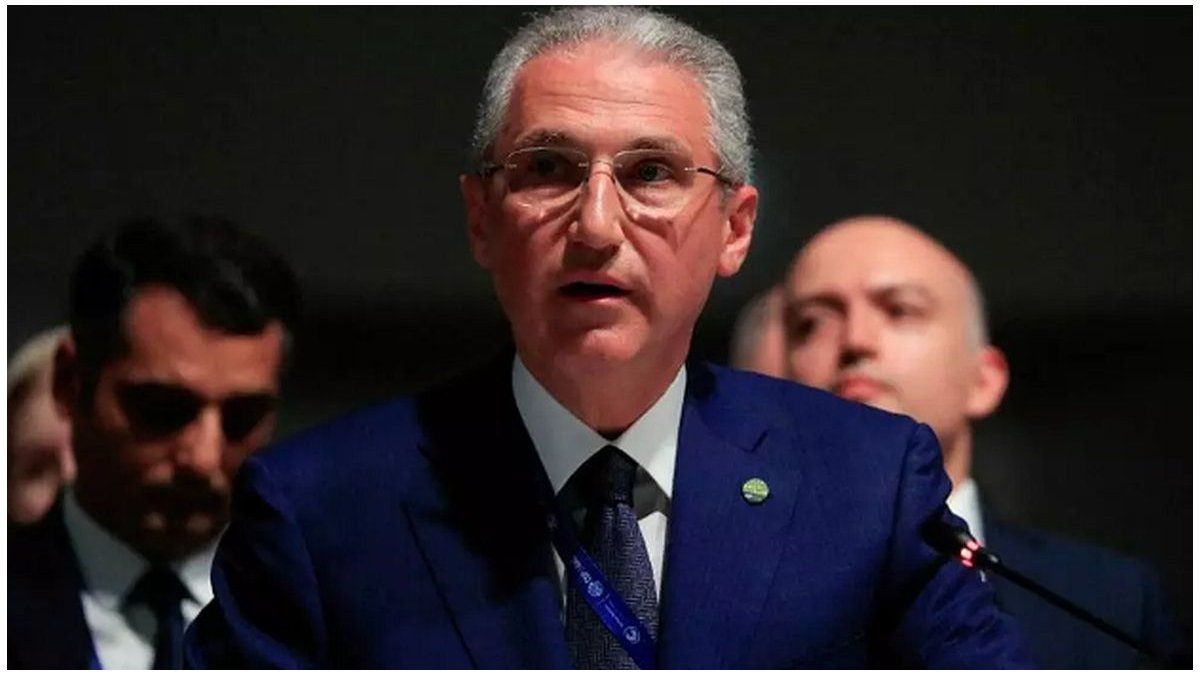The financial agreement reached after arduous negotiations at COP29 in Baku was “imperfect” because of the inflexibility of rich countries, according to the president of the conference, the Azerbaijani Mukhtar Babayev.
The agreement, reached last Sunday, stipulates that rich, polluting countries will provide $300 billion annually to developing countries by 2035 to help them reduce their emissions and prepare for the increasingly dangerous impacts of a world warming up.
Babayev acknowledged in an article in the British newspaper The Guardian that the agreement was insufficient to meet the needs of those countries. and suggested that China would have been willing to contribute more money if other countries had done so as well.
The largest historical emitters, responsible for much of global wealth, had been “immovable” until very late in the negotiation process, he said.
“This agreement may be imperfect. It does not leave everyone happy. But it represents significant progress compared to the 100 billion promised in Paris in 2015”said. “It is an agreement that was on the verge of not being achieved,” he recalled.
Azerbaijan, an oil and gas exporting country, received heavy criticism for its handling of COP29, especially from France and Germany.
Babayev announced the deal early Sunday morning after nearly two weeks of tense negotiations, which at one point appeared to be on the brink of collapse.
As soon as the agreement was approved, India, Bolivia, Nigeria and Malawi, speaking on behalf of the group of 45 least developed countries, spoke out against it.
Financing was the essential issue for the almost 200 nations meeting in Baku. Rich countries failed to meet the previous goal on time, eroding trust in the UN climate process.
COP29 set a broader target of $1.3 trillion annually by 2035 to help developing nations finance their energy transition and prepare for worsening climate impacts.
The agreement provides that the 300 billion mobilized by rich nations will be combined with funds from the private sector and financial institutions such as the World Bank to reach this larger sum.
However, Babayev agreed with developing nations that “the contribution of the industrialized world was too low and that the participation of the private sector was too theoretical.”
The new text states that developed nations will “take the lead” but implies that others could join.
Source: Ambito
I am an author and journalist who has worked in the entertainment industry for over a decade. I currently work as a news editor at a major news website, and my focus is on covering the latest trends in entertainment. I also write occasional pieces for other outlets, and have authored two books about the entertainment industry.




